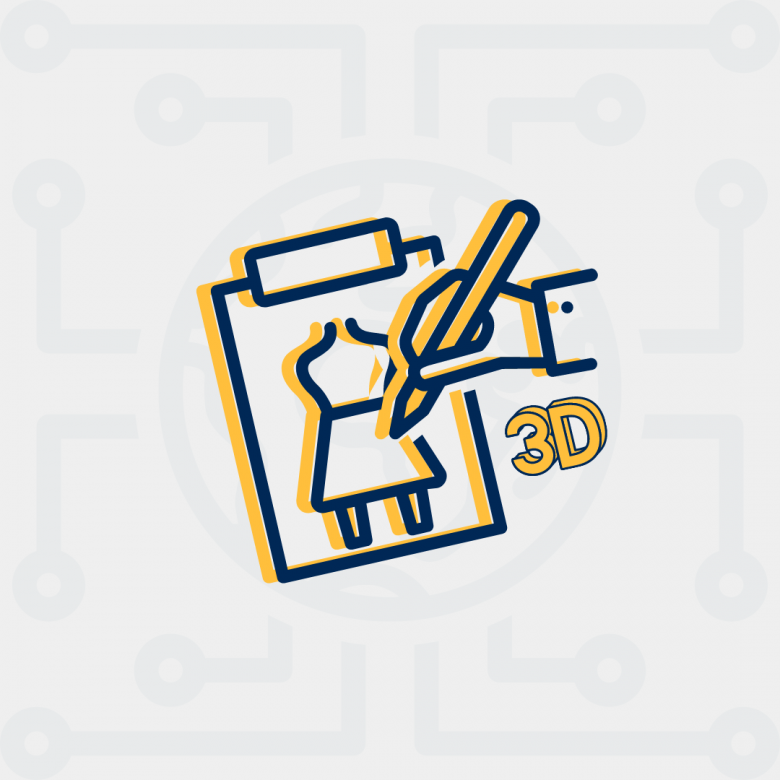
An OCAD University student is among the 2021 winners of the Innovative Designs for Accessibility (IDeA) national competition that encourages university students to develop innovative, practical and cost-effective solutions to address barriers and challenges for people with disabilities.
IDeA is a Universities Canada program and is part of a larger effort to advance equity, diversity and inclusion on university campuses and across Canada. The program is funded by Employment and Social Development Canada’s Social Development Partnership Program.
Students take an inclusive design approach to create concepts, tools, programs and initiatives that help overcome physical, technological, systemic and attitudinal barriers. Collaborating with community partners and persons with disabilities throughout the process provided students the opportunity to develop valuable skills, while contributing to the creation of an accessibility culture in Canada.
OCAD U student Mitali Kamat and Ontario Tech student Lillian Fan won first place in the category for Technological/Communication Barriers for their project, 3D Drawing Toolkit for Blind and Partially Sighted Drawers.
The 3D drawing toolkit prototype was developed by the two students in close consultation with blind and low-vision drawers. It has a digital interface that translates 3D-haptic drawings into an online virtual environment, which makes it suitable for 3D printing and collaboration. It also allows drawers to continuously react to their prior marks while developing their drawings.
There was an impressive array of submissions this past year. The 2020 edition of the competition was postponed due to the pandemic, but all students who registered and were eligible in 2020 were included and eligible for 2021.
A committee of accessibility experts selected the winners after evaluating 38 outstanding submissions. First-place winners will receive $5,000, as well as opportunities to meet and network with leaders in the accessibility community.